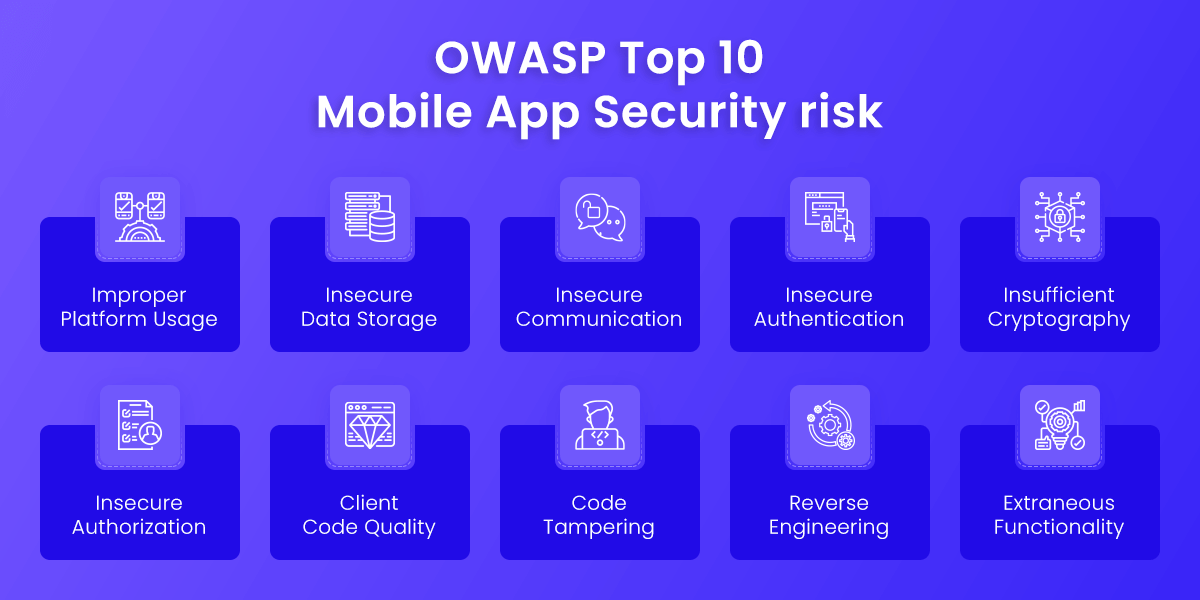
Risks of Outsourcing: Hidden Spy Apps and Your Data
Have you ever wondered if your outsourced projects might be putting your data at risk? While outsourcing can reduce costs and improve efficiency, it also opens doors to potential security threats. One of the biggest risks is hidden spy apps that might infiltrate your systems without you even realizing it. Let’s dive into what’s happening, why it’s a problem, and what you can do to stay secure.
The Hidden Threat: Spy Apps in Outsourced Environments
Spy apps are no longer just a consumer concern—they’re a growing issue for businesses. These apps can secretly collect data, monitor keystrokes, and even access sensitive files. For example, a keylogger app for iPhone can track everything typed on the device, posing a massive risk to businesses sharing confidential information with remote teams or vendors.
Cybercriminals often exploit these vulnerabilities through compromised vendor systems. A 2024 MIT report highlights that vendor exploitation attacks have increased significantly, with 80% of data breaches involving poorly secured cloud environments. These breaches often stem from weak configurations or insufficient monitoring, making them an easy target for bad actors.
Why Spy Apps Are a Bigger Risk Than You Think
You might think spy apps only affect personal devices, but the reality is far more alarming. Here’s why businesses need to be concerned:
Data Leakage: When third-party vendors or employees use insecure devices, spy apps can capture sensitive details like trade secrets or customer data.
Ransomware Risks: Cybercriminals use spy apps to gain access to systems, planting ransomware to extort businesses. Recent statistics show ransomware attacks surged by 70% in 2023 alone.
Legal Implications: If customer data is compromised, businesses could face lawsuits, fines, and reputational damage, especially with stricter data protection laws worldwide.
Outsourcing Without Risk: Is It Possible?
Outsourcing doesn’t have to be a security nightmare. With proper precautions, you can minimize risks and protect your data. Here’s how:
Vet Your Vendors Thoroughly
Think of your vendor as an extension of your team. Conduct a rigorous vetting process, ensuring they meet cybersecurity standards. Look for certifications like ISO 27001, which confirm robust data security practices. It’s also smart to request case studies or examples of their past work.
Limit Access to Sensitive Data
The more data you share, the higher the risk. Only give vendors access to what they absolutely need. This minimizes the exposure of sensitive information to potential spy apps.
Invest in Advanced Monitoring
Using monitoring tools to oversee vendor activity can help detect and prevent unauthorized access. Implementing mobile device management (MDM) systems can safeguard company devices from malicious apps.
Practical Steps to Boost Cybersecurity
Aside from vendor management, businesses must proactively secure their environments:
Use Encrypted Communications: Encrypt emails, files, and messages shared with outsourced teams. This ensures data remains unreadable even if intercepted.
Educate Employees: Regular training helps employees recognize signs of hidden spy apps and phishing attempts.
Deploy Security Software: Tools like Detectico can monitor devices for suspicious activities and protect against hidden tracking apps.
Red Flags to Watch Out For
Spotting the signs of potential risks in outsourcing relationships can save your business from massive headaches down the line. One key red flag is inconsistent communication. If a vendor fails to provide transparent updates or struggles to clarify their processes, it might indicate a lack of robust internal controls. Another warning sign is resistance to audits. Any reputable outsourcing partner should welcome periodic security checks to ensure compliance with your standards.
It’s also essential to evaluate how your outsourcing partners handle their subcontractors. A secure vendor relationship can still be undermined by weak links in their supply chain. For example, subcontractors with inadequate security protocols may unknowingly install malicious software, such as spy apps, on devices used to access your systems.
The Role of Technology in Risk Mitigation
Technology offers solutions to address these risks. Beyond basic monitoring, businesses can leverage AI-driven tools to analyze patterns in vendor activity. For instance, anomaly detection systems can flag unusual data transfers or access patterns, providing an early warning of potential breaches. Blockchain technology is also emerging as a promising tool for verifying data integrity and ensuring accountability across outsourcing networks.
Additionally, companies should consider endpoint security solutions to protect devices used by employees and vendors alike. These tools can detect hidden threats like spyware and prevent them from accessing sensitive files.
Balancing Risks and Benefits
Outsourcing is undeniably valuable, but it’s not without challenges. By staying vigilant, using advanced security measures, and establishing clear expectations with vendors, businesses can enjoy the advantages of outsourcing without compromising their data. Ultimately, the key is balance—embracing the cost-saving and efficiency-boosting aspects of outsourcing while proactively addressing the associated risks.
Closing Thoughts
Outsourcing offers tremendous benefits, but it also comes with risks. Hidden spy apps are one of the more insidious dangers, capable of silently compromising your business. By taking proactive measures—like vetting vendors, limiting data access, and investing in robust security tools—you can safeguard your operations and enjoy the benefits of outsourcing without losing peace of mind.
Remember, cybersecurity isn’t just an IT issue—it’s everyone’s responsibility. Are you doing enough to keep your data safe?



